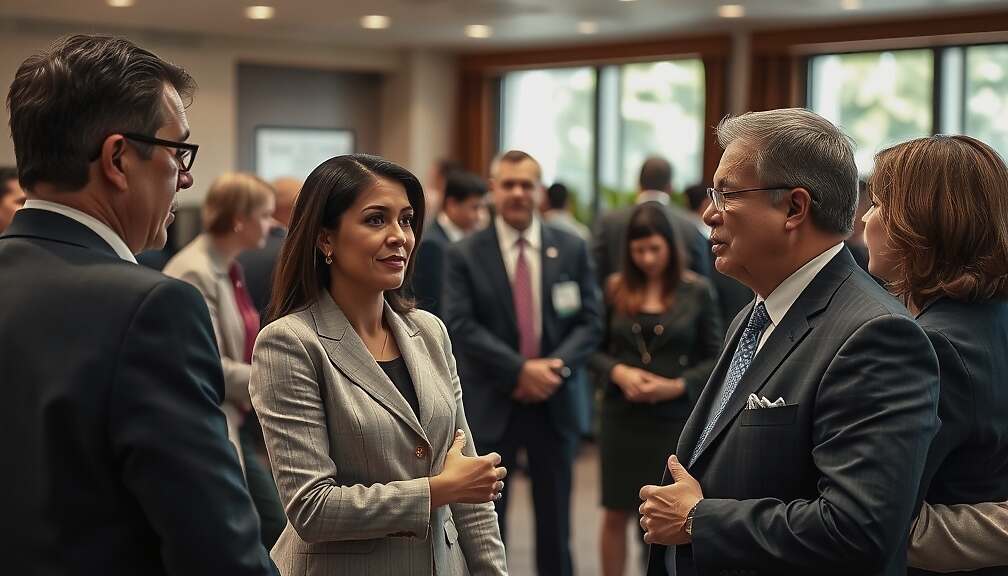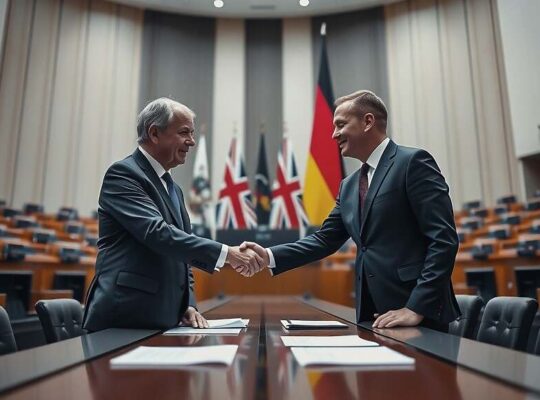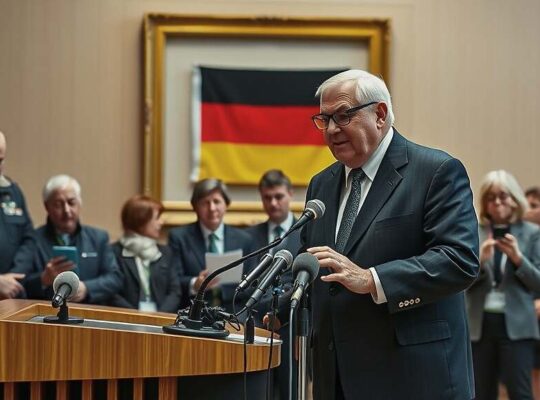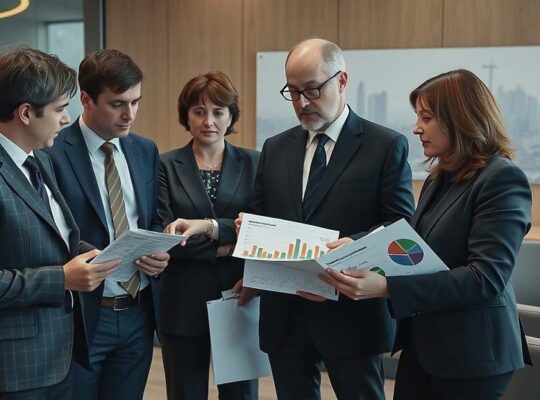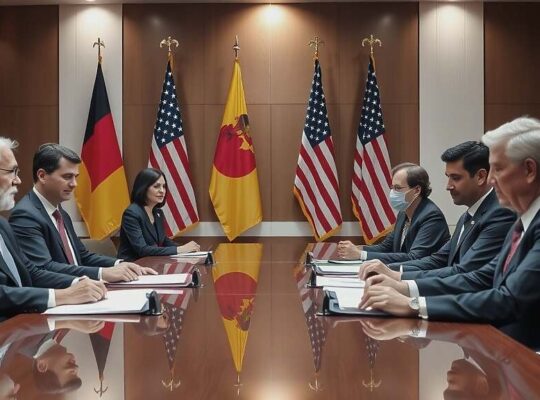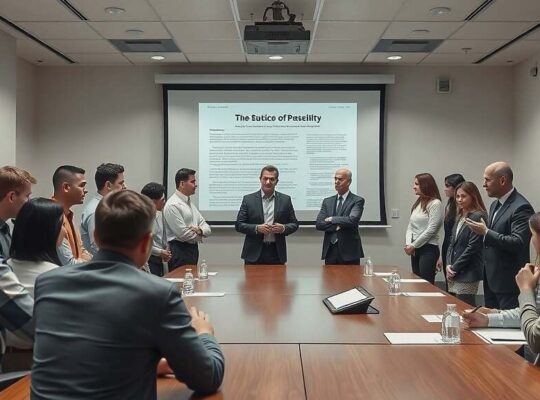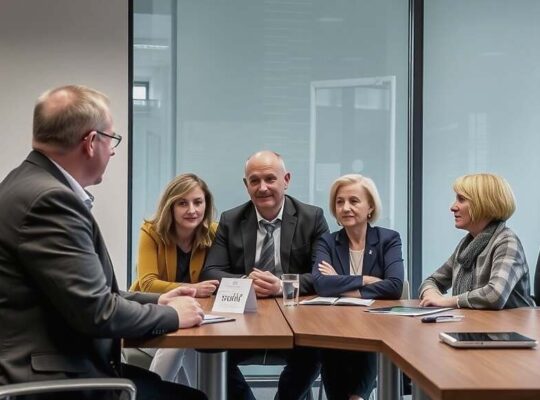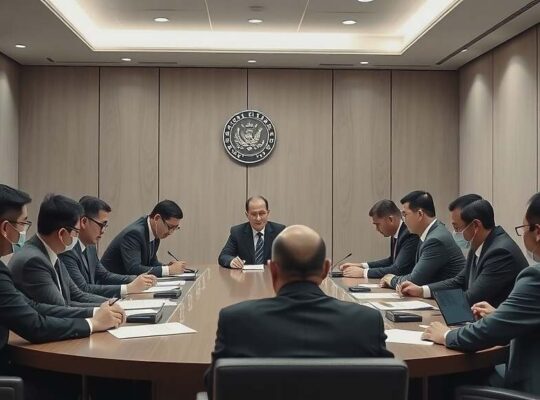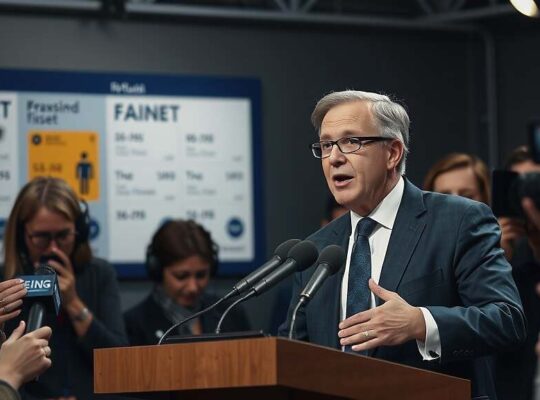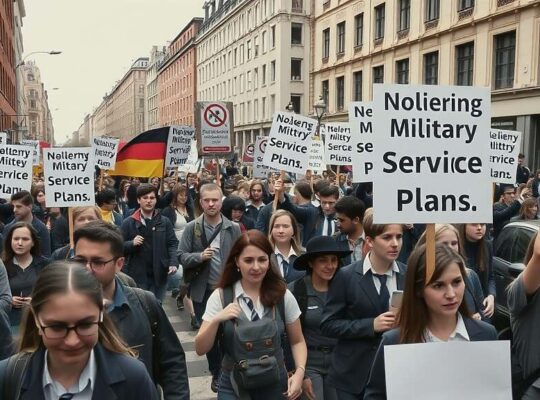Chancellor Friedrich Merz of the Christian Democratic Union (CDU) delivered a speech in Hannover on Monday, emphatically reaffirming his commitment to the traditional German model of “social partnership” – the collaborative relationship between labor unions and employers – while simultaneously hinting at a potentially shifting political landscape and acknowledging significant economic pressures.
Speaking at the IG BCE union congress, Merz lauded the system’s historical contribution to Germany’s economic success, framing it as a cornerstone of national stability. He positioned himself as a staunch defender of this model, urging a period of unprecedented unity across the political spectrum, arguing that maintaining Germany’s status as an industrial powerhouse is critical for preserving national prosperity.
However, Merz’s call for unity was laced with warnings about impending transformations and external threats. He characterized the evolving global economic order as experiencing “tectonic shifts” suggesting a need for increased productivity and adaptation within Germany. The Chancellor’s address subtly underscored a growing concern within the CDU regarding Germany’s competitiveness in a rapidly changing world.
The emphasis on “new strength and sovereignty” signals a potential re-evaluation of Germany’s political and economic strategies. Merz indicated plans to adjust the “framework conditions and perspectives” to achieve these goals. Notably, he cited planned corporate tax cuts and lower energy prices for industry as examples, a package that is likely to face scrutiny from those arguing for greater social investment and wealth redistribution.
Critics will likely argue that prioritizing corporate tax relief and reduced energy prices for industry represents a regressive approach, potentially exacerbating existing inequalities. The Chancellor’s strong endorsement of the social partnership model, while seemingly supportive of worker rights, is viewed by some as a strategy to preempt criticism and solidify CDU control by aligning interests with powerful industry lobbies. The speech, while presented as a call for national unity, contained implicit signals of a potential shift towards a more business-friendly and potentially less equitable economic policy.


